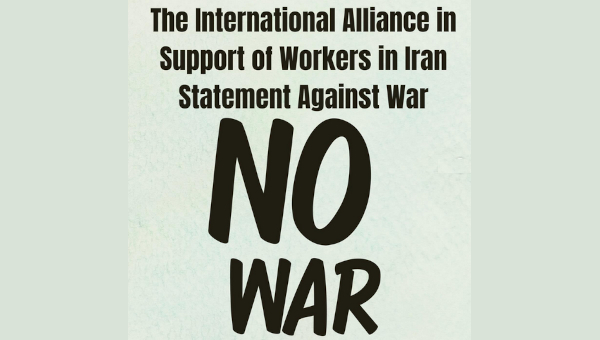From Amnesty International.
SECOND ANNIVERSARY OF NEDA AGHA SOLTAN’S KILLING
PUBLIC STATEMENT
20 June 2011
AI Index: MDE 13/061/2011
Iran: Second anniversary of Neda Agha Soltan ’s killing highlights near-total impunity for officials
Two years after the death of Neda Agha Soltan was captured on a mobile phone and came to symbolize the brutal repression meted out by security forces after the disputed presidential election of 2009, Amnesty International is renewing its call on the Iranian authorities to end impunity for officials responsible for unlawful killings, torture and other human rights violations.
Footage of Neda Agha Soltan’s dying moments, after being shot in the chest on 20 June 2009 spread around the world via the internet. No one has ever been brought to justice for her death, and instead of investigating it impartially, the Iranian authorities – following an entrenched pattern of cover-up of abuses – resorted to threats, counter-accusations, obfuscation and further violations to try to evade responsibility. A member of the Basij militia witnessed by onlookers as saying, “I did not mean to kill her”, whose ID card was posted on the internet, has never been put on trial, but appeared in a documentary shown a year ago on state television, denying responsibility. Arash Hejazi, the doctor who was present at the scene, was forced to seek asylum abroad, fearing for his safety. Neda Agha Soltan’s family and friends were made to appear on state televison denying the state was responsible, although her father Ali Agha Soltan told BBC Persian in December 2009 that “her killer can only be from the government”.
Neda Agha Soltan was one of over 70 people killed during the unrest that followed the election. The only instance where any officials have been tried in connection with abuses is in relation to the Kahrizak detention centre where at least four men died as a result of torture or other ill-treatment. Twelve men, believed to be 11 policemen and one detainee, were later tried, two of whom were reportedly sentenced to death, but it remains unclear what has become of the 11 the authorities said had been convicted in connection with abuses against detainees held there. No action has been taken against more senior officials who were implicated by a parliamentary investigation.
Other families also remain in the dark about the exact circumstances of their children’s fate such as Parvin Fahimi, who has campaigned to find out the truth about the death from a bullet wound to the heart of her son, 19-year-old Sohrab Arabi. He disappeared during a demonstration on 15 June 2009 and his family was then unable to find out any information about him until 11 July when they recognized him from photographs of dead individuals in court. His body had apparently been at the Coroner’s Office since 19 June. There remains no information as to what happened to him between 15 and 19 June 2009, including either the exact date, or the circumstances, of his death. The killer of Kianoush Asa, who died from a gunshot to the neck during a demonstration on 15 June 2009, has also never been identified.
Claims by the Iranian authorities to have investigated the events at a Tehran University dormitory on the night of 14 June 2009 appear to have resulted in victims being imprisoned rather than perpetrators. Up to five students were reported by student organizations to have been killed – although the university authorities later denied this - and many others seriously injured when unidentified plain-clothes forces stormed the dormitory, arresting hundreds. In May 2011, the Judiciary Spokesman Gholam-Hossein Mohseni-Ejeie (who was Minister of Intelligence at the time of the election) said that 40 individuals had been sentenced to prison terms and fines for the event. However, according to a statement by Tehran University’s Islamic Association on 15 June 2011, those in prison are students who were arrested at the time, not those responsible for the attack.
Article 2 (3) of the International Covenant on Civil and Political Rights (ICCPR) to which Iran is a state party requires states to provide an effective remedy for human rights violations, including the possibility of judicial remedy, and for such remedies to be enforced.
Read the complete statement here ...






No comments:
Post a Comment